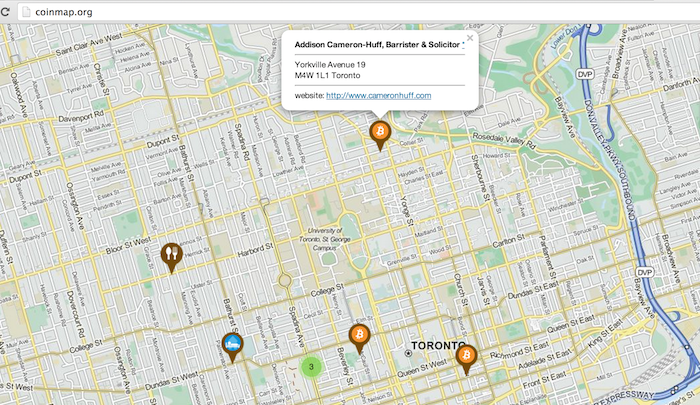I've written a blog post on the Decentral Tumblr blog: "Decentralized Bitcoin Exchanges: A Solution with Three Big Challenges". This blog post explains what a decentralized Bitcoin exchange is, why Bitcoin industry people are keen on the idea and what the implementation challenges are.
I recommend reading the article if you're curious about where exchanges (e.g. CAVirtEx) are headed. Many people in the industry think that decentralized exchanges are what people will be using in a few years. The first person to create one that works will make a big splash.


